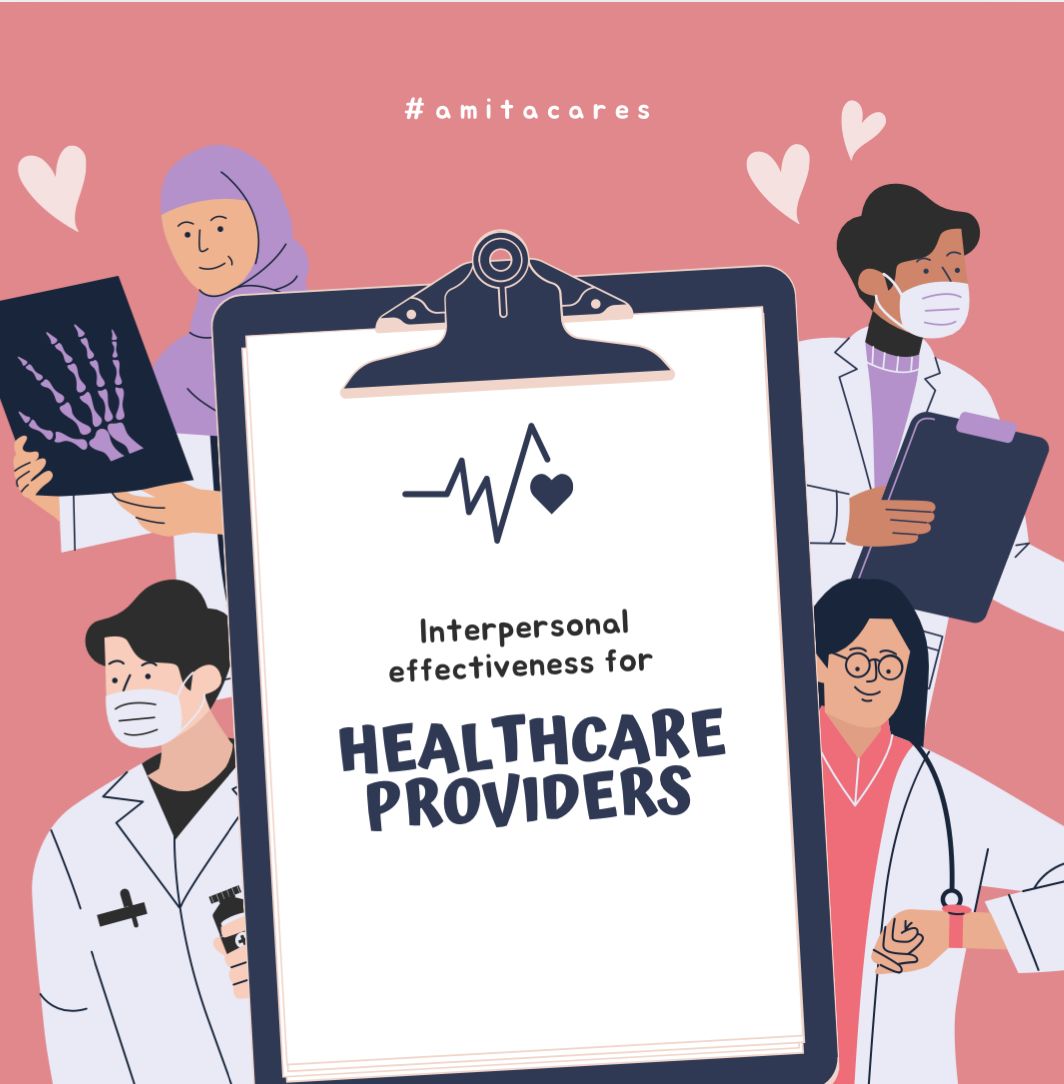
Effective communication between healthcare providers and patients is essential for delivering quality care. By developing strong interpersonal skills, healthcare providers can build trust, improve patient satisfaction, and enhance health outcomes.
One key aspect of interpersonal effectiveness in healthcare is active listening. By paying close attention to patients’ concerns, questions, and fears, healthcare providers can demonstrate empathy and understanding. Active listening involves not only hearing what patients say but also understanding their underlying emotions and needs.
Another crucial skill is clear and concise communication. Healthcare providers should explain medical information in a way that patients can easily understand, avoiding jargon and technical terms. Using plain language and providing visual aids can help to enhance patient comprehension.
Finally, building rapport is essential for fostering positive patient-provider relationships. This involves treating patients with respect, dignity, and kindness. Small gestures, such as a warm smile or a gentle touch, can make a big difference in how patients perceive their care. By prioritizing interpersonal effectiveness, healthcare providers can improve patient satisfaction, reduce medical errors, and enhance overall health outcomes.
Kanishka
